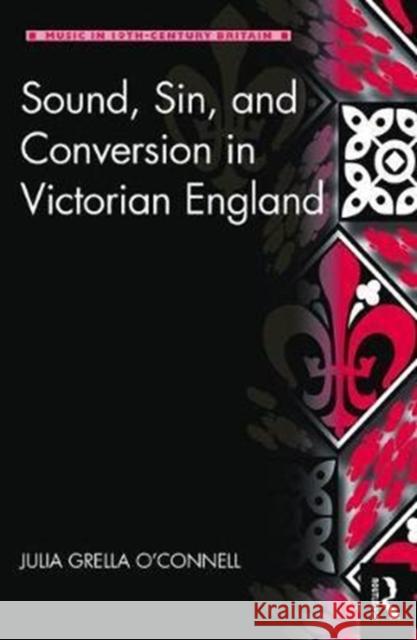Sound, Sin, and Conversion in Victorian England » książka
Sound, Sin, and Conversion in Victorian England
ISBN-13: 9781472410849 / Angielski / Twarda / 2018 / 172 str.
Sound, Sin, and Conversion in Victorian England
ISBN-13: 9781472410849 / Angielski / Twarda / 2018 / 172 str.
(netto: 721,53 VAT: 5%)
Najniższa cena z 30 dni: 654,86
ok. 16-18 dni roboczych.
Darmowa dostawa!
The figure of the fallen woman was at the very forefront of the Victorian social and literary conscience. And the theme permeates the visual arts and music as well. Julia Grella O'Connell draws upon music iconography, patristic theology, and the social history of female fallenness in an investigation of historical perceptions of the states of sin and grace, the possibility of flux between them, and the manner in which these concepts were represented in Victorian art and literature, with particular reference to the role played in these representations by music. O'Connell seeks to locate what she calls the music-sin-redemption topos in the patristic era and to demonstrate its persistence into modern times. The reappearance of music symbolism in the socially-committed, quasi-religious paintings of the Pre-Raphaelites and their circle, especially in works that treat the theme of fallenness, provides evidence that vestiges of a pictorial language linking music with both sin and conversion survived at least as late as the nineteenth century, and that, more remarkably, this language translated fairly easily into the cultural lexicon - Protestant, positivist, and materialist - of Victorian Britain.











